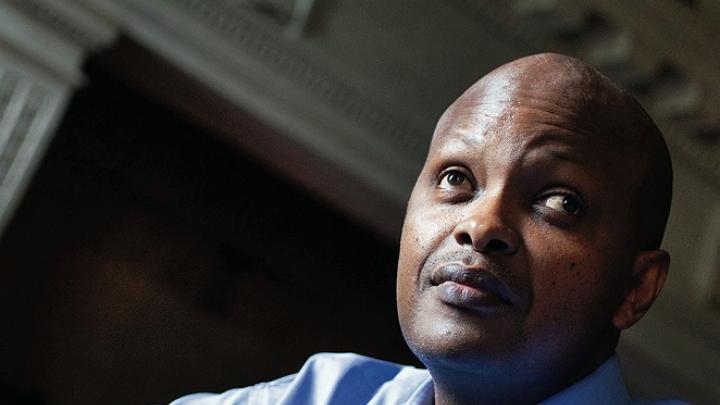Hired in 2003 to build the capacity of Harvard’s African languages program (last spring it offered 21 of them, more than any other university in the world), John Mugane, professor of the practice of African languages and cultures, soon noticed a category of students who picked up one tongue after another without much difficulty, traipsing glibly among language families, from Nilotic to Bantu to Khoisan. After keeping a close eye on these polyglot students for several years, Mugane is writing a set of annotated language-learning textbooks based on their habits. (Igbo, spoken in Nigeria, is the first test case.) The skills, which he will summarize in a separate book, Learning How to Learn Languages, include repetition, note-taking (particularly writing down new phrases one hears in conversation), listening for idiomatic turns of phrase, and focusing on utility rather than flawless grammar. A capacity for independent learning is particularly handy with African languages: because many have no formal written grammars or textbooks; because it can be hard to find fluent speakers in the Boston area to hire as teachers; and because unrelated languages so commonly exist in close proximity on the continent. But Mugane—who grew up speaking Gikuyu, Swahili, and English in Kenya, and declines to say how many languages he speaks now—believes all language instructors have a responsibility to guide students toward the skills that will make it easy to learn any language. And he believes that textbooks—even his—should serve more as references than as road maps for teaching. By nature, “textbooks are linear,” he says; language learning is not.
John Mugane
Meet the director of Harvard’s African language program.

You might also like
Slow and Steady
A Harvard Law School graduate completes marathons in all 50 states.
Claudine Gay in First Post-Presidency Appearance
At Morning Prayers, speaks of resilience and the unknown
The Dark History Behind Chocolate
A Harvard course on the politics and culture of food
Most popular
More to explore
Exploring Political Tribalism and American Politics
Mina Cikara explores how political tribalism feeds the American bipartisan divide.
Private Equity in Medicine and the Quality of Care
Hundreds of U.S. hospitals are owned by private equity firms—does monetizing medicine affect the quality of care?
Construction on Commercial Enterprise Research Campus in Allston
Construction on Harvard’s commercial enterprise research campus and new theater in Allston






